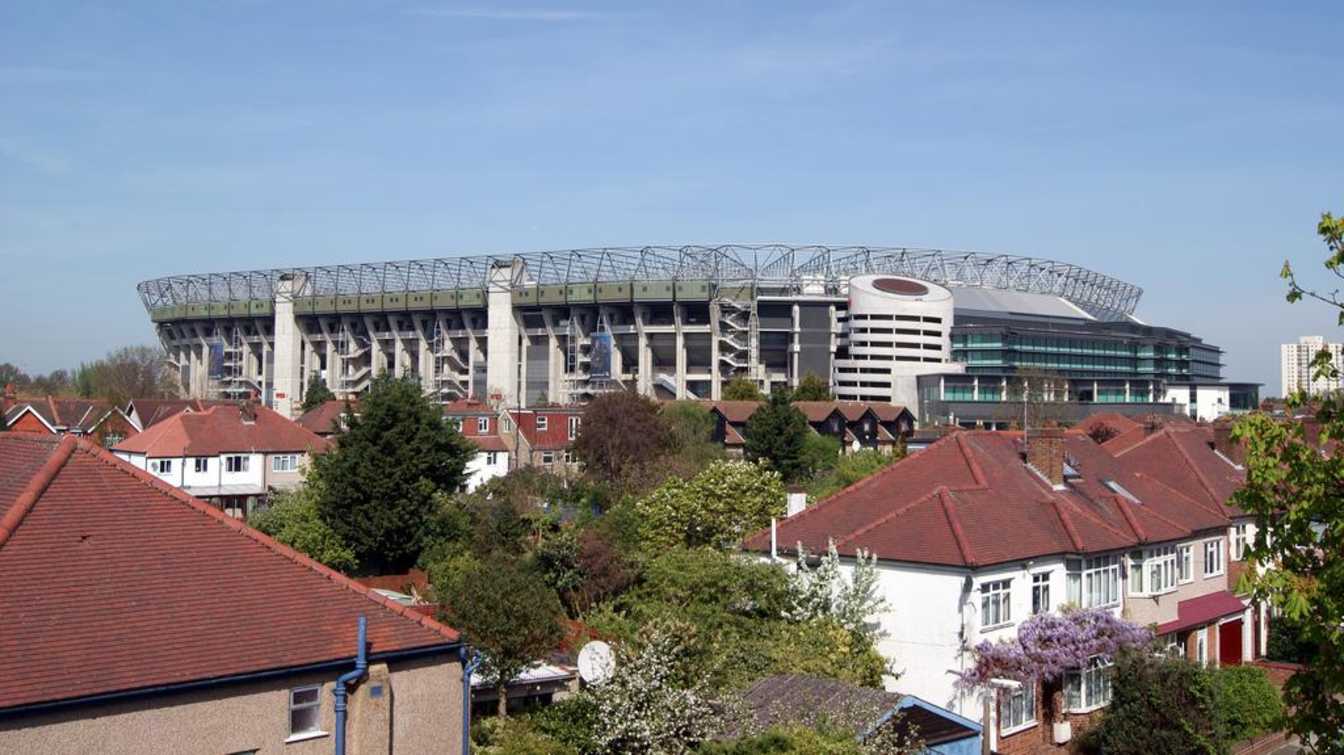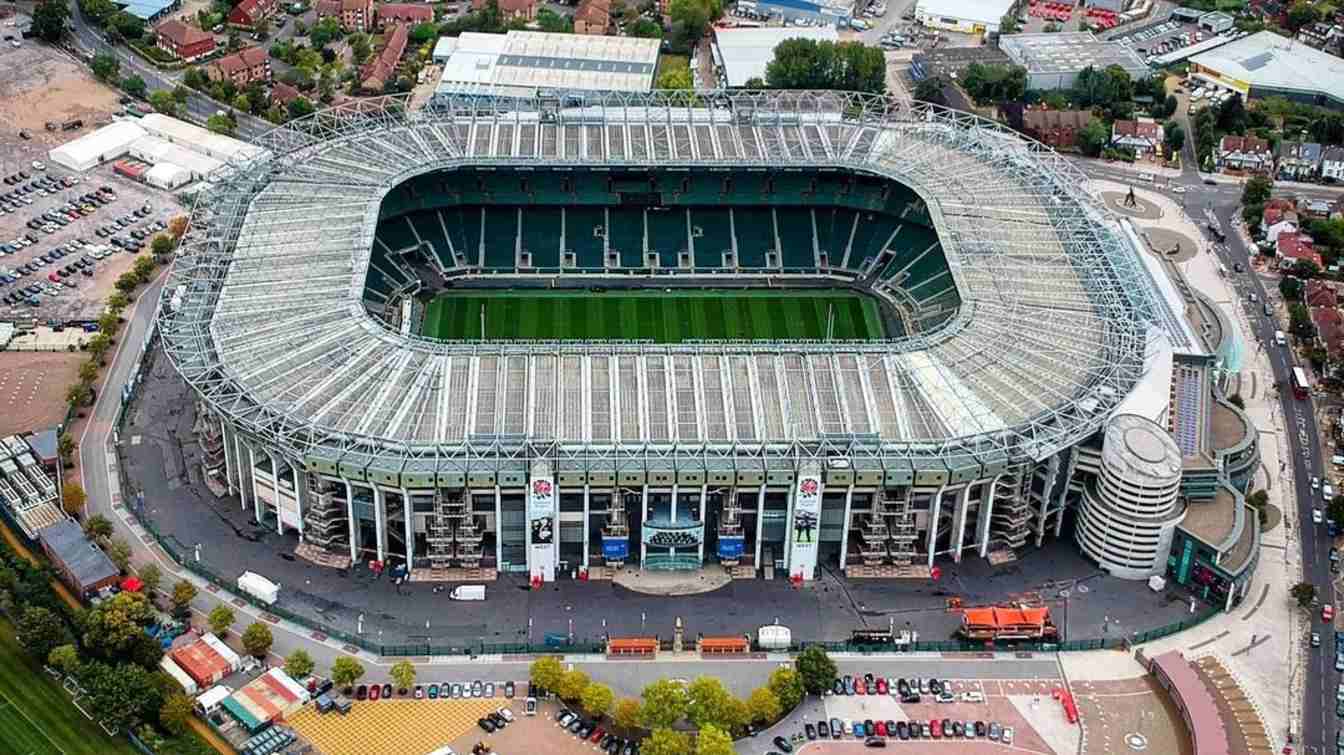England: What will Twickenham redevelopment include?
source: StadiumDB.com; author: Paulina Skóra
 The Allianz Stadium (Twickenham) and its surrounding area are set for a major overhaul. Although the venue’s capacity will remain unchanged, the number of premium seats will increase, and improvements will be made to transportation and accessibility.
The Allianz Stadium (Twickenham) and its surrounding area are set for a major overhaul. Although the venue’s capacity will remain unchanged, the number of premium seats will increase, and improvements will be made to transportation and accessibility.
Advertisement
What’s changing?
Architecture and engineering firms Populous, WSP, Turner & Townsend, and Arup will collaborate on the project. Nils Braude, Managing Director of Twickenham Experience Limited, outlined details in an interview with City AM, noting the £650 million redevelopment is scheduled for 2027. The stadium’s capacity will neither increase nor decrease. Enhancements to the premium offering will not affect the number of seats available to regular fans.
Corporate elites?
The redevelopment mainly aims to meet growing fan expectations for comfort and event quality. While the stadium’s hospitality is already among the best in Europe, the goal is to elevate the experience further—especially in the super premium
sector that’s gaining traction across top venues. Crucially, this will be done while maintaining a strong value-for-money proposition. A previous upgrade to the east stand added 4,000 new premium seats, setting the direction for future developments.
Fans often criticize that a large portion of Twickenham’s 82,000 seats are reserved for corporate clients. Family ticket prices can exceed £350. During the 2025 Six Nations, City AM reporters explored various offerings. Against France, a private lower-tier section with an outdoor bar was available. Union 15, run by Freemans Event Partners, is an example of a permanent facility that could be expanded. The same company manages most food and beverage points at the stadium. For the Calcutta Cup match, the luxurious East Wing designed by Tommy Banks was featured, with prices from £1,449 per person. The Italy match highlighted the comfort and exclusivity of a private box.
 © Arun Joseph (cc: by-nc-sa)
© Arun Joseph (cc: by-nc-sa)
Power matters
Fabrice Roudet from Eaton, a company specializing in smart energy systems, emphasized that stadium design isn’t just about fan experience. Venues consume vast amounts of energy—especially premium zones with charging ports, enhanced lighting, and more intimate settings. UEFA now considers carbon footprint in selecting host cities, prompting stadium managers to monitor emissions closely. Older venues often rely on generators, while modern stadiums benefit from solar-powered battery systems and other emission-reducing technologies.
 © Maxwell Hamilton (cc: by)
© Maxwell Hamilton (cc: by)
More events coming?
These changes could be key in RFU’s talks with local authorities to allow more events at the stadium. Men’s England rugby matches generate around 85% of the union’s revenue. Maximizing returns from these games enables reinvestment into both professional and grassroots rugby across the country.
Hospitality is a major revenue stream, but RFU also aims to support diversity among fans by offering tiered ticket pricing based on the opposition and competition type. Cheaper children’s tickets are also part of the plan to make matches more family-friendly. Demand for England games remains strong across the board.
Lower-tier seats offer the best views but can cost over £140. VIP restaurants embody luxury, while private boxes provide exclusivity—though they can feel removed from the action. Ticket prices are unlikely to drop, but the overall experience at Allianz Stadium is expected to improve significantly. RFU is encouraged to allocate more tickets to amateur clubs or offer them at reduced prices to maintain grassroots engagement.
Advertisement
 StadiumDB
StadiumDB